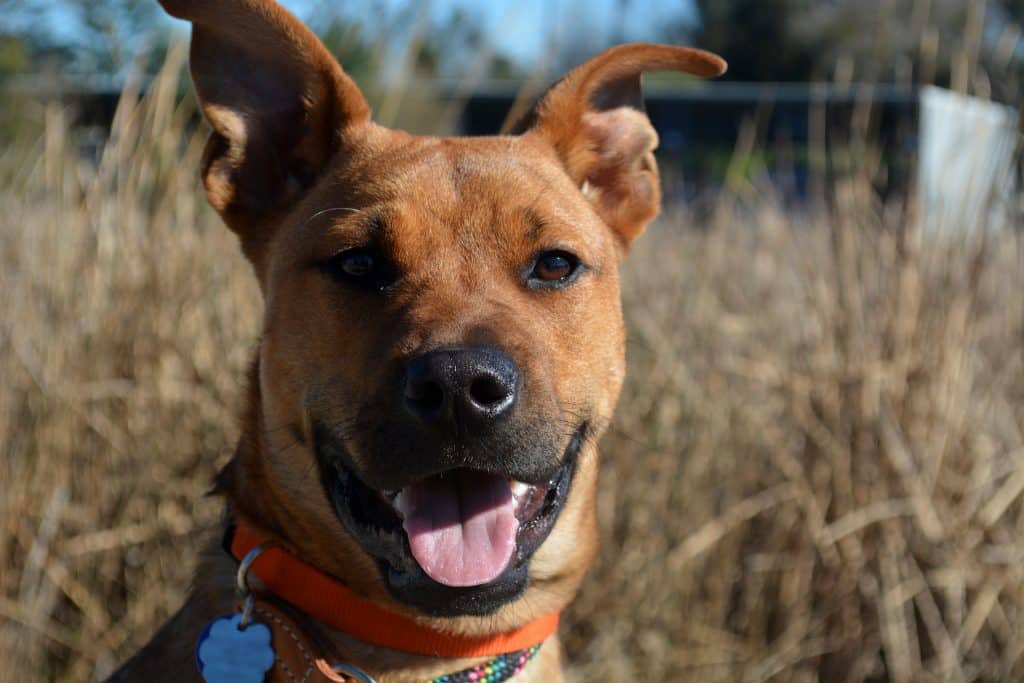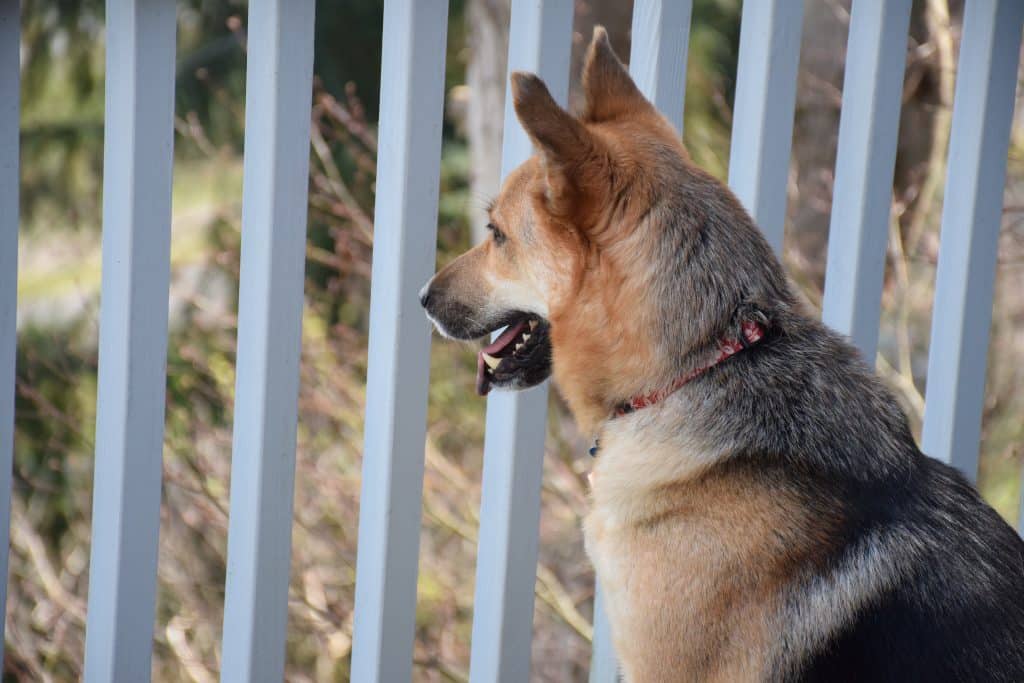Barking. It’s a normal—and noisy—part of pet parenthood. But what do you do when your dog’s barking becomes excessive? Here are some positive tactics to discourage your pup from barking in several common situations.
Before we get started, let’s address the million dollar question. Is a bark collar a good idea? Generally, dog behavior experts recommend against them, especially because they’re not a good replacement for training. With that in mind, here are some handy tips for working on your dog’s barking…without using a bark collar.
General Tips
Here are a few basic tips to get you on the path to peace and quiet. If your dog barks excessively:
- Keep them exercised. Ensure that your dog burns off energy during the day through long walks, jogs or playtime. This will help limit the energy they have for barking. A tired dog is a quiet dog.
- Stimulate their brain. Getting mental exercise with puzzle toys, or by learning new tricks or practicing old ones, can help keep your dog quiet.
- Don’t yell at your furry friend. We know it’s hard not to be frustrated, but making more noise makes your dog think you’re joining in!

Via Flickr User Brendon Connelly
Perch Barking
Perch barking, when a dog barks at a stimulus from a window or “perch,” can be hard to stop. From your dog’s perspective, he barks, and passersby are “chased away.” That unfortunately reinforces the barking. To change this behavior:
- Block their view. If a dog can’t see a stimulus, they can’t bark at it. You can close the curtains, or even purchase a window cover that lets light in, but dog’s can’t see through it.
- Make seeing passersby awesome. For a quick training session, sit with your dog at the window. When a passing dog or person appears, reward your dog with high value treats. Only give your dog these treats when the stimulus is in sight. Soon they’ll associate seeing “intruders” with great things!
Barking When Confined
If your dog barks when confined, whether in a crate or to a specific room in the house, getting them to stop takes some willpower! To teach them to be quiet:
- Keep them confined. If you let your dog out when they are making noise, they will learn that barking means they won’t have to stay in their crate.
- Ignore them completely. Even looking at your dog is a reward in itself. Pretend your dog isn’t there until the barking stops.
- Reward them for being quiet. As soon as your dog stops barking, give them lots of praise and treats.

Via Flickr User Eric Sonstroem
Barking on Walks
Reactive dogs are tricky to walk, whether they’re reactive to people, bicycles or other dogs, but they too can be conditioned to have positive responses to stimuli. The reactive dog owner can handle on-leash barking by treating it the same way as perch barking. When you see a stimulus:
- Assess the distance. If you are too close, a quick U-turn in the other direction will help create more space so your dog feels comfortable.
- Give them treats. If you’re far enough from the stimulus, reward your dog with high value treats and praise so that they begin to associate the stimulus with something wonderful.
- Keep calm. Your dog can feel when you begin to tense up and can react based on your reaction.

Via Flickr User Maëlick
Barking for Food
No one wants to deal with a dog barking for food. If your dog barks when they want you to feed them—or when they see you eating—there are a few ways to curb this habit:
- Ignore your dog. Rewarding your dog by giving them any kind of attention, even punishment, will reinforce their behavior.
- Don’t feed them until they stop barking. Feeding your dog to get them to be quiet teaches them that barking equals getting fed. By asking for an alternative behavior like sit, down or quiet, your dog will learn that barking is not what gets them food. Instead, being quiet does.

Via Flickr User elizabeth tersigni
When you share your life with dogs, barking comes with the territory. But with these tips you can help manage your canine companion’s vocalizations, making life easier, and quieter, for the both of you.



